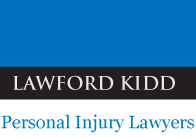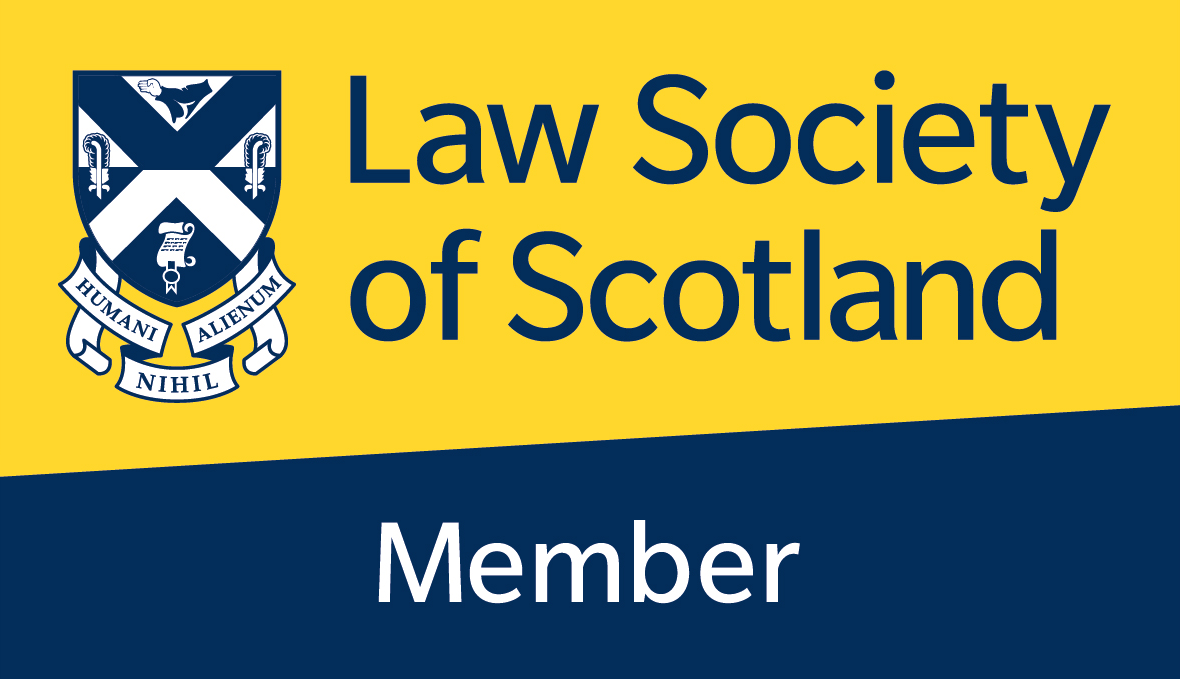Lawford Kidd, Personal Injury Solicitors
Health & Safety Deregulation Causing Concern
Government plans to deregulate areas of health and safety, have been criticised by Members of the House of Lords.
As explained in our blog from last week – “Certain Self-Employed Persons to Become Exempt from Health & Safety Law?” - under current UK Government plans, all self-employed workers, with the exception of those undertaking ‘prescribed activities’, will become exempt from health and safety law.
The ‘prescribed activities’ are those thought to be high hazard or high risk, and includes agriculture and construction sectors.
The Institution of Occupational Safety and Health (IOSH) – the world’s largest health and safety membership organisation - are concerned by the proposals, believing them unnecessary.
Further, the organisation believes that, should the changes be approved, many self-employed persons who pose a risk to others will become exempt from health and safety laws, leading to lower standards and an increased risked of injury and illness at work. After the Bill’s most recent reading, Members of the House of Lords believe such concerns have merit.
Baroness Donaghy said: “It is a distinguished and knowledgeable organisation and is severely concerned by this clause. It deserves to be listened to.”
Similarly, Lord Stevenson of Balmacara, stated: “Exempting self-employed people in certain industries from health and safety regulations will simply create confusion about who is covered and who is not.”
He continued: “The Institution of Occupational Safety and Health is opposed to that, calling it ‘a very short-sighted and misleading move, it won’t actually help anyone; it won’t support business; but it will cause general confusion’.”
Lord Collins of Highbury also spoke in favour of IOSH’s stance: “The institution believes the current requirements for the self-employed are not onerous and make good business sense. Exemption would give the wrong message and may encourage the unscrupulous to gamble with people’s safety and health.”
Defending the Government’s proposals, Lord Wallace of Saltaire said: “The new regulations will use definitions of health and safety already present in law, which means that we are not changing the context of health and safety.”
Richard Jones, Head of Policy and Public Affairs at IOSH, remains unconvinced however, and following the House of Lords debate, said: “We believe this exemption is unnecessary, unhelpful and unwise, with the latest proposals just making matters worse. Worryingly, they now intend to double the exemptions to around two million people and will exempt many who pose a risk to others, including van, taxi and HGV drivers, motor mechanics and maintenance fitters.”
Before concluding, Mr Jones added: “We strongly urge that this ill-conceived clause is dropped, potentially saving lives and the £3.6 million familiarisation costs to the self-employed.”
Having previously been debated in the House of Commons, the Bill proposing the changes is at an advanced stage. Should the Commons and Lords agree on the Bill’s contents, it will be quickly moved on to receive Royal Assent.
Involved in a Workplace Accident in Scotland?
If you have been injured in an accident at work, or would like help understanding how the planned changes to health and safety law may affect you or your business, contact Lawford Kidd personal injury solicitors. To get in touch, please complete our online enquiry form.
Related Posts
By accepting you will be accessing a service provided by a third-party external to https://www.lawfordclaims.com/









